Pest and Disease Control in Greenhouses
*We may earn a commission for purchases made using our links. Please see our disclaimer to learn more.
Introduction
You’ve probably wondered, why are greenhouses so special? Well, the controlled environment allows plants to thrive, but it also can make them susceptible to certain pests and diseases. This makes pest and disease control in greenhouses absolutely crucial. So, why is it so vital?
Why Greenhouses are Special
Greenhouses are like a mini-paradise for plants. They get the right amount of light, the temperature is controlled, and they’re shielded from harsh conditions outside. However, it’s this very controlled environment that can also become a breeding ground for pests and diseases if not managed correctly.
The Importance of Pest and Disease Control
Imagine putting so much effort into growing your plants, only to see them wither away because of a tiny bug or fungus. Frustrating, right? That’s why pest and disease control in greenhouses is not just important—it’s essential.
The Common Pests in Greenhouses
Some unwelcome guests love the warmth and protection greenhouses offer.
Aphids
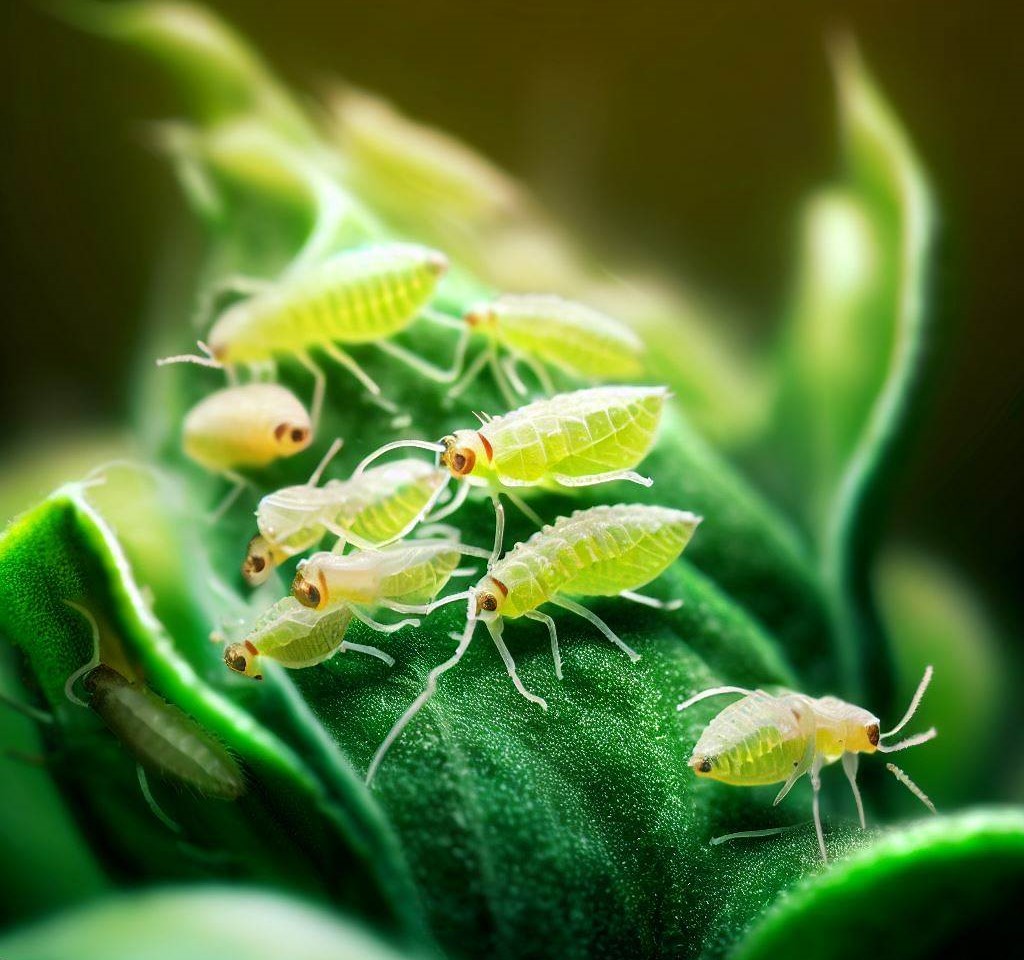
Little sap-sucking monsters! They might be tiny, but their damage isn’t. Aphids can cause curled, yellow leaves and can even transmit viruses.
Whiteflies
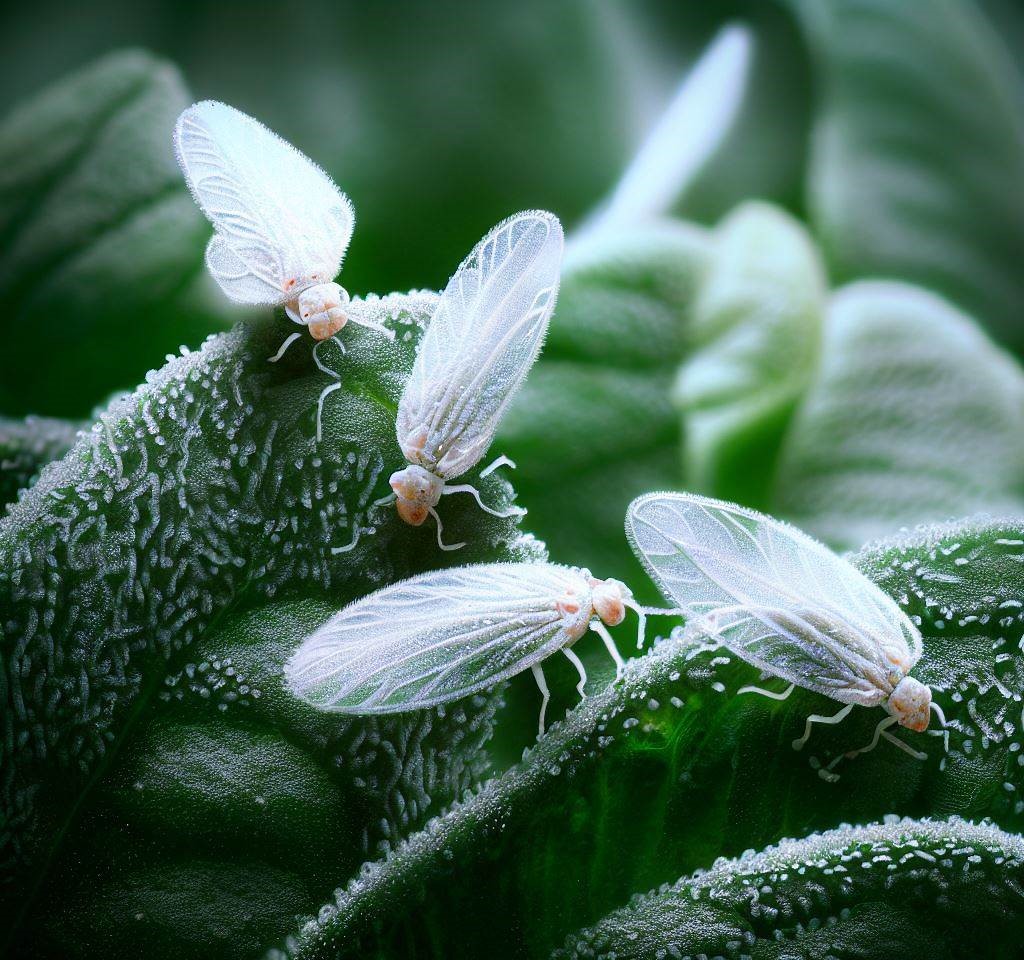
Ever seen tiny white bugs flying around your plants? Those are whiteflies, and they’re not as innocent as they look.
Spider Mites
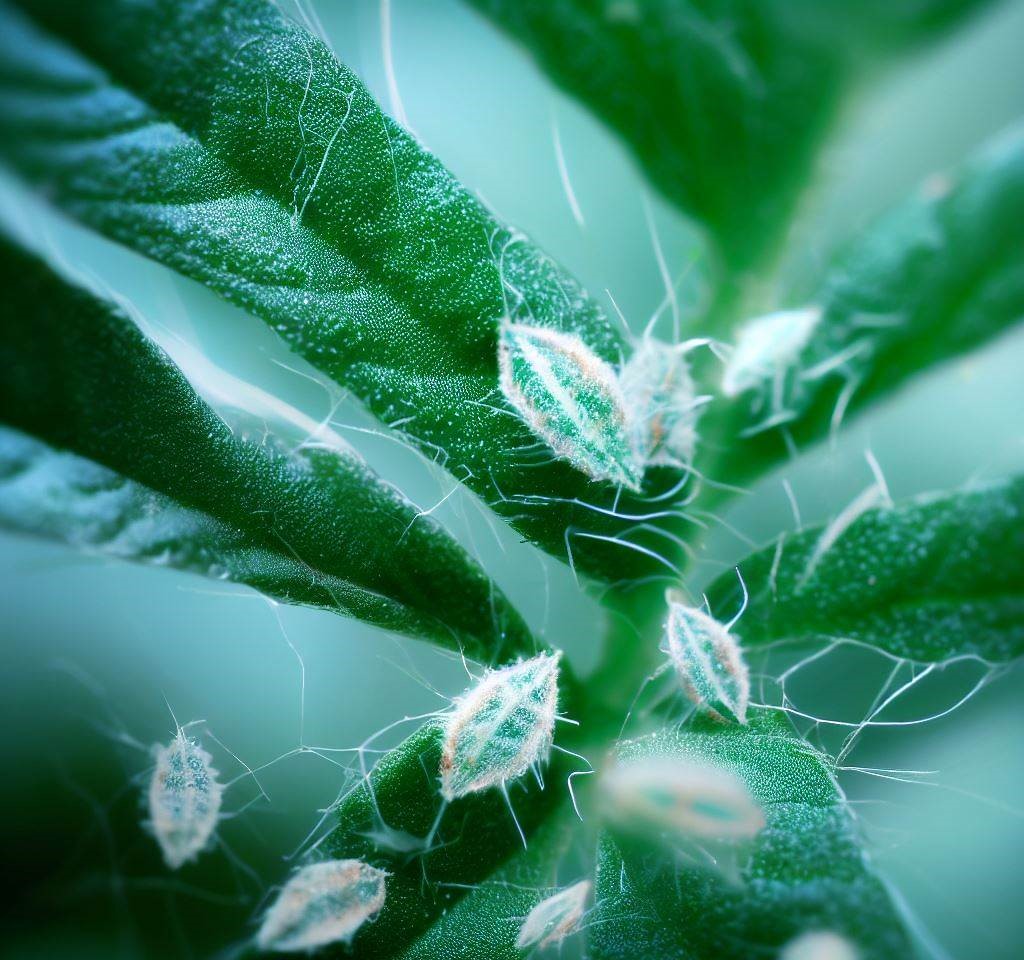
Tiny, but mighty! These mites can cause stippling on leaves, and severe infestations can lead to leaf drop.
Common Diseases in Greenhouses
Just like pests, diseases also thrive in the warm, moist environment of greenhouses.
Powdery Mildew

This fungus looks like white powder on leaves. It can reduce photosynthesis and cause early leaf drop.
Botrytis Blight
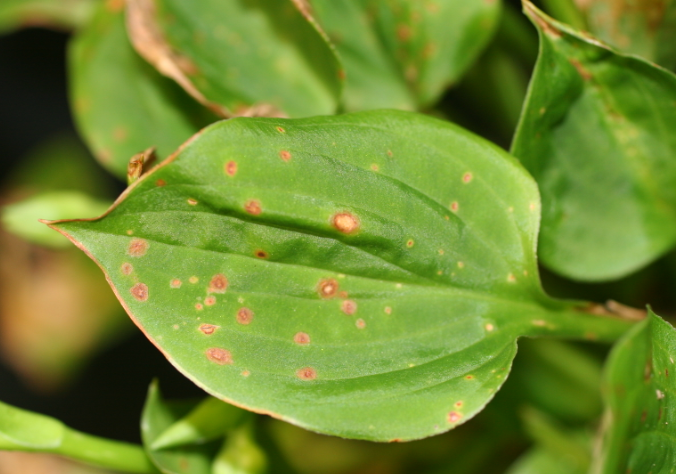
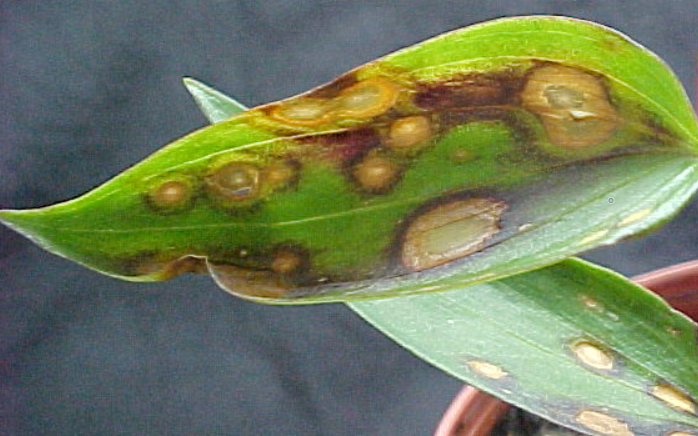
Also known as gray mold, it’s a fungus that thrives in cool, humid conditions, causing rot.
Effective Pest Control Strategies
The best offense is a good defense, right?
Natural Predators
Have you ever thought of letting ladybugs or lacewings loose in your greenhouse? They love feasting on aphids and whiteflies!
Organic Pesticides
Sometimes, you need a little extra help. Organic pesticides can be effective without harming your plants.
Making Your Own Organic Sprays
Ever tried a mix of water, soap, and some chili? It’s spicy for pests!
Effective Disease Control Strategies
Prevention is better than cure, especially with diseases.
Proper Ventilation
Moisture is a breeding ground for fungi. Ensuring good airflow can prevent many fungal diseases.
Regularly Checking Plants
An early catch can prevent a full-blown outbreak. Regular checks can save a lot of grief.
The Benefits of Proactive Control
It’s simple—healthy plants produce better. Whether you’re growing for profit or pleasure, proactive control ensures that your plants reach their full potential.
Conclusion
Greenhouses are a boon for plant enthusiasts, but with the boon comes the responsibility of managing pests and diseases. By staying proactive, using a mix of natural and organic solutions, and keeping a keen eye, you can ensure that your greenhouse remains a true plant paradise. So, ready to dive into this gardening adventure?
FAQs
- Why are aphids a common pest in greenhouses?
• Aphids thrive in warm conditions and reproduce quickly, making greenhouses a perfect home for them. - How often should I check my plants for diseases?
• Ideally, do a quick check daily, and a more thorough inspection weekly. - Can I use regular household soap for organic sprays?
• Yes, but ensure it’s free from harsh chemicals or detergents. - Why is ventilation so crucial for disease control?
• Proper ventilation reduces moisture levels, making it hard for fungi to thrive. - Are natural predators always safe for my plants?
• Generally, yes. But always research any predator before introducing it to your greenhouse.
